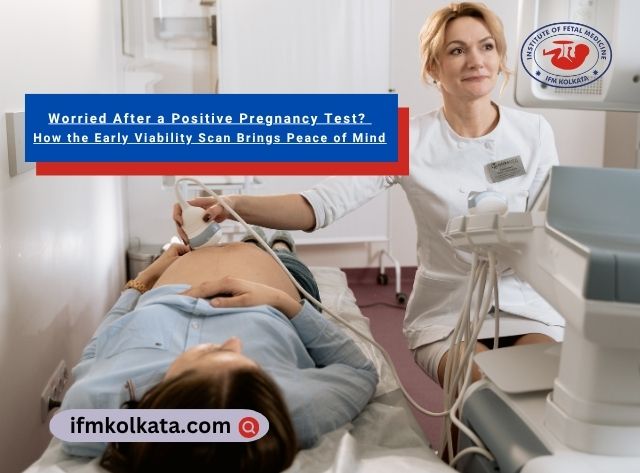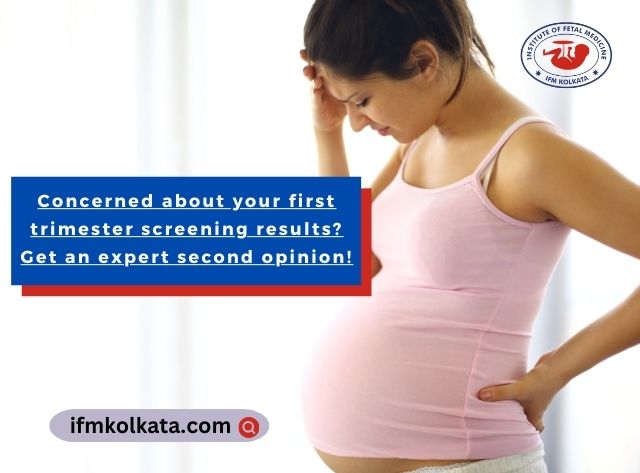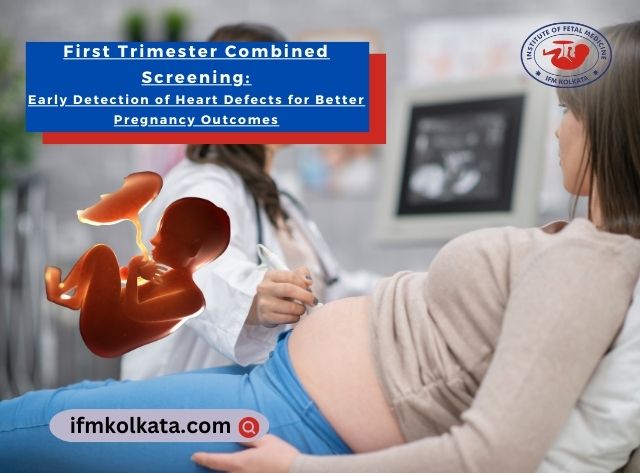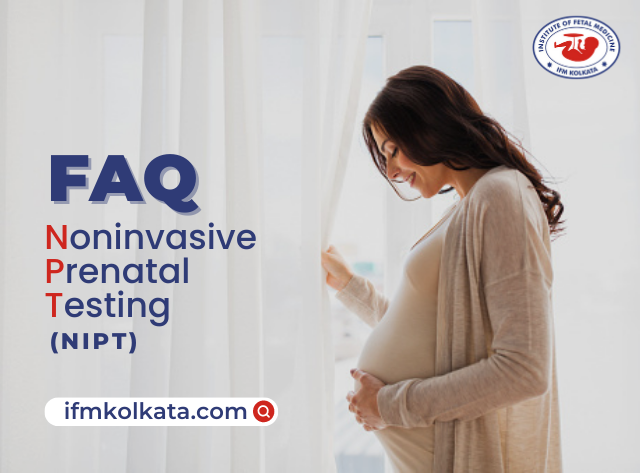Finding out you’re pregnant is an emotional milestone, often filled with both excitement and anxiety. It’s completely normal for expecting parents to feel worried about the early progress of their pregnancy. Thankfully, the early viability scan serves as a crucial checkpoint, providing reassurance and important medical insights during this delicate phase.
What is an Early Viability Scan?
An early viability scan is a specialized ultrasound performed between 6 to 8 weeks of pregnancy. It is designed to:
- Confirm that the pregnancy is located inside the uterus, ruling out dangerous conditions like ectopic pregnancy.
- Detect the presence of a fetal heartbeat, which is a strong indicator of a viable pregnancy.
- Estimate the gestational age to help predict the due date accurately.
- Identify the possibility of multiple pregnancies (twins, triplets, etc.) early on.
Why is the Early Viability Scan Important?
This scan plays a vital role in the early stages of pregnancy for several reasons:
- Confirm Intrauterine Pregnancy:
The scan confirms that the embryo is developing inside the uterus. Detecting an ectopic pregnancy (where the embryo implants outside the uterus) early is critical, as it can be life-threatening if untreated. - Detect Multiple Pregnancies:
It helps identify twins or higher-order multiples, allowing healthcare providers to plan for the specific needs and risks of multiple pregnancies. - Check Fetal Heartbeat:
Seeing and hearing the fetal heartbeat during the scan is one of the earliest signs that the pregnancy is progressing well, significantly reducing anxiety for parents. - Estimate Gestational Age Accurately:
Early dating of pregnancy is more precise with this scan, which is important for scheduling future tests and planning prenatal care.
How the Early Viability Scan Helps Manage Anxiety
- Visual Confirmation:
Seeing the baby on the screen makes the pregnancy more real and reassuring for many parents. - Early Medical Guidance:
If any concerns arise during the scan, doctors can provide timely advice and interventions. - Empowerment Through Knowledge:
Understanding what is happening inside the womb helps reduce fear and uncertainty, replacing it with confidence and calm.
Tips for Expecting Parents During Early Pregnancy
- Stay Positive but Prepared:
Remember that sometimes follow-up scans are needed to monitor pregnancy progression. This is normal and not always a sign of problems. - Communicate Openly with Your Healthcare Provider:
Share your concerns and questions; professional guidance can alleviate fears. - Avoid Excessive Self-Monitoring or Online Searches:
While it’s natural to seek information, too much searching can increase anxiety. Rely on trusted medical advice instead.
The early viability scan is an essential milestone in early pregnancy care. It provides vital information about the health and location of the pregnancy, helping parents transition from worry to peace of mind. By confirming that everything is progressing normally, this scan lays the foundation for a confident and healthy pregnancy journey.







